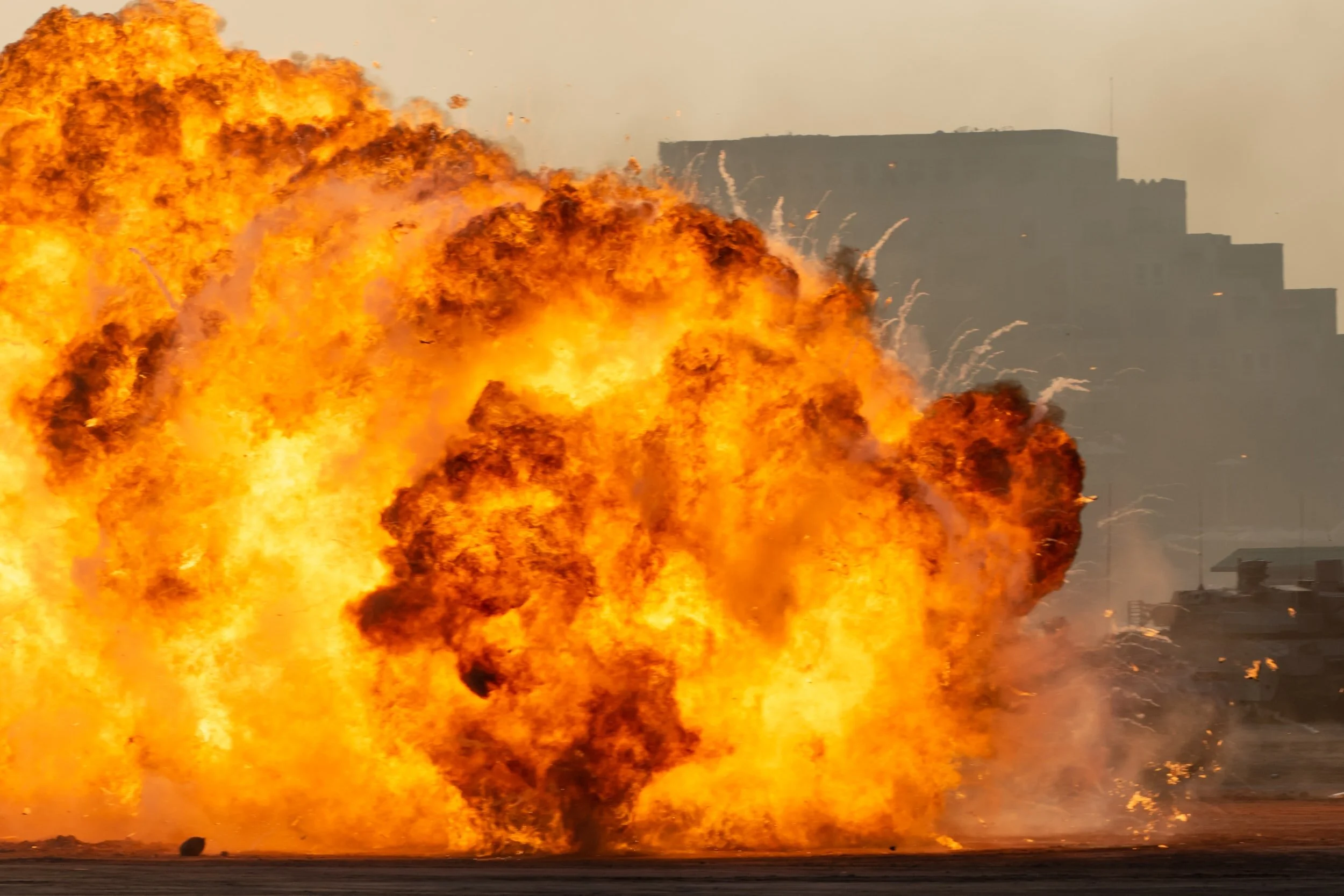By Kimberly Dozier
This article was originally published in TIME, August 3, 2021.
An Afghan I’ll call “Mohammed” saved my life, when he drove me into Afghanistan as Kabul was falling in 2001, after the September 11th attacks. He spirited me through a Taliban checkpoint between Jalalabad and the capital where just an hour or so later, a car full of journalists was brutally killed.
Mohammed found me, then a CBS News reporter, a safe place to stay in chaotic, post-Taliban Kabul. That’s what a “fixer” does for a foreign correspondent: part translator; part driver and part Mr. Fixit/MacGyver. Every time I returned to the country, I would check on him and his family. And if I asked, he would drive me to hell, and back.
In 2015, three men beat and stabbed Mohammed’s 18-year-old son, telling him between blows that he was being punished because his father “had worked for the Americans.” I was the only American Mohammed had ever worked for. He rushed his son to the hospital, then secreted his whole family to another part of the sprawling capital, leaving behind his home, and always fearing the tap on the shoulder that meant he’d been found.
He started applying for U.S. visas then, and was baffled to find he wasn’t eligible because he’d worked for and protected a U.S. citizen—but not a soldier. In his view, if that difference didn’t matter to the Taliban, why should it matter to the U.S. government?
As of Aug. 2, Mohammed and hundreds others like him are at last eligible for special visas similar to those the Biden Administration has created for the some 20,000 Afghans who officially worked for the U.S. government. Multiple news outlets, including my former employer CBS News, petitioned the Biden Administration to help “those Afghans who have worked with the U.S. media as journalists, interpreters, and support staff and now fear retaliation from the Taliban for having courageously associated themselves with the American press.”
Read the full article here.

